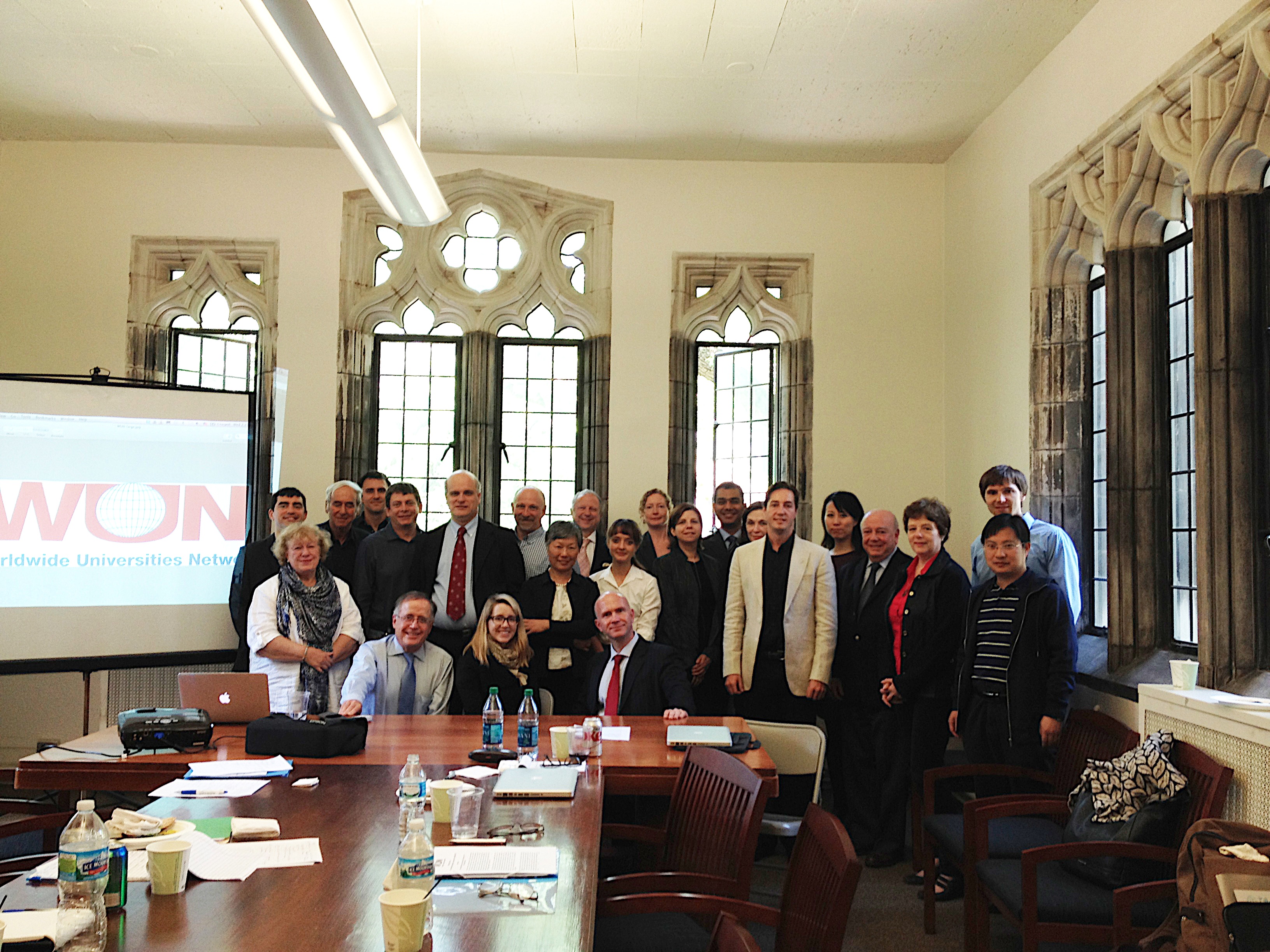
On 21st May 2014, the WUN Global China Group, together with the University of Chicago Centre for Latin American Studies and the University of Sydney hosted a forum entitled “Feeding the masses: China-Latin America agriculture connections through time.”

Delegates at the workshop
Organised by University of Sydney ARC Future Fellow Dr. Adrian H. Hearn, the forum explored how China’s need for food has transformed Latin American socio-economic landscapes through time. It identified historical patterns, examined past insights that may prove useful for present understanding, and considered the future trajectory of Sino-Latin American agriculture relations.
The production, consumption, and exchange of food have long underpinned relations between China and Latin America. From the arrival of the Mexican sweet potato in China in the 16th century to the current expansion of soy and livestock agribusiness, food has been a foundation of trans-Pacific cultural and economic exchange. People have been as central to this phenomenon as the products they cultivate: indentured Chinese labourers underpinned early Latin American food production, and recent investment proposals from the PRC government envision the introduction of Chinese agricultural workers into the soy plantations of South America. These past and present developments have raised pressing policy challenges that must take account of changing demographic processes within China.
Today, China’s growing urban population is creating unprecedented demand for food. 300 million additional Chinese citizens are expected to leave behind rural agriculture for urban consumer culture by 2025, bringing the number of city dwellers to around one billion. Augmenting the number of urban consumers is central to the government’s development strategy, but the food necessary to sustain them is in short supply. With only nine percent of the world’s arable land and a diminishing base of agricultural labour, China must develop new strategies for importing and producing urban staples like beef, pork, and chicken. Acquisition of foreign agriculture products, particularly soy beans and oils for human and animal consumption, is therefore becoming an important factor in China’s political and economic stability.
Bringing together specialists from Asia, the Americas, and Australia, the forum enabled dialogue between social, political, and economic scientists at a time when China is playing a critical role in the development of Latin America and the world. The event program is available here.